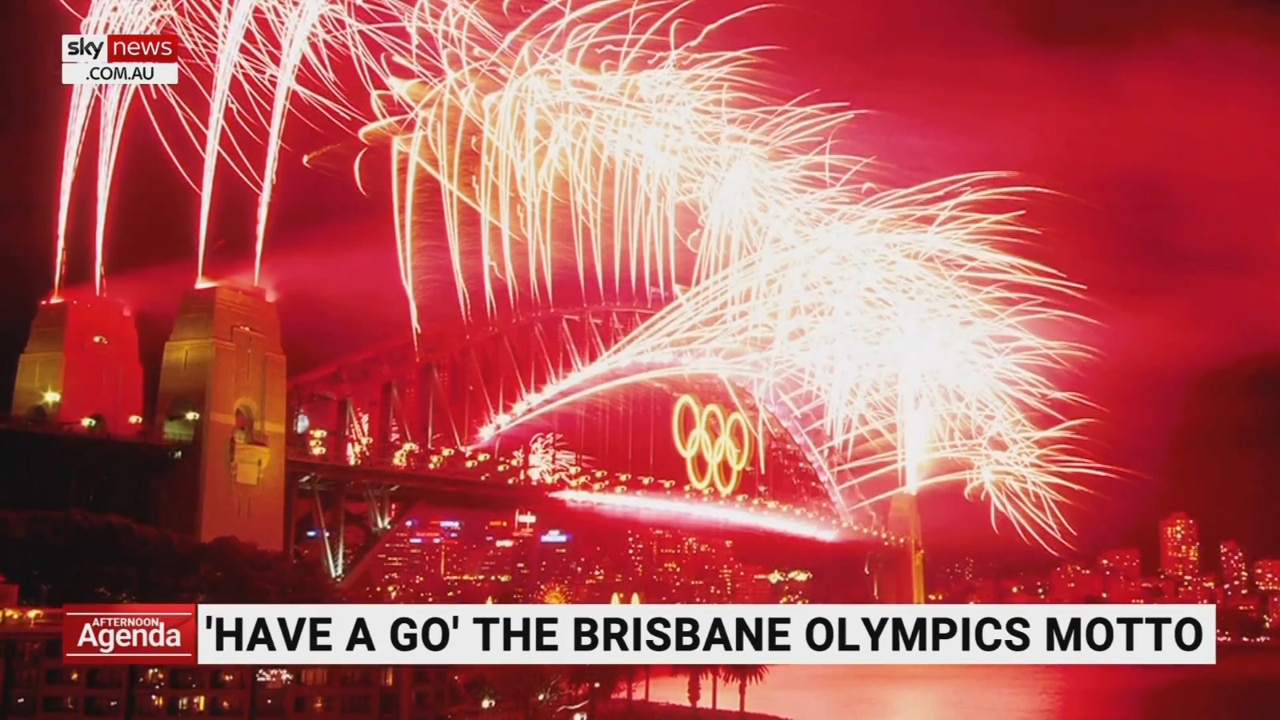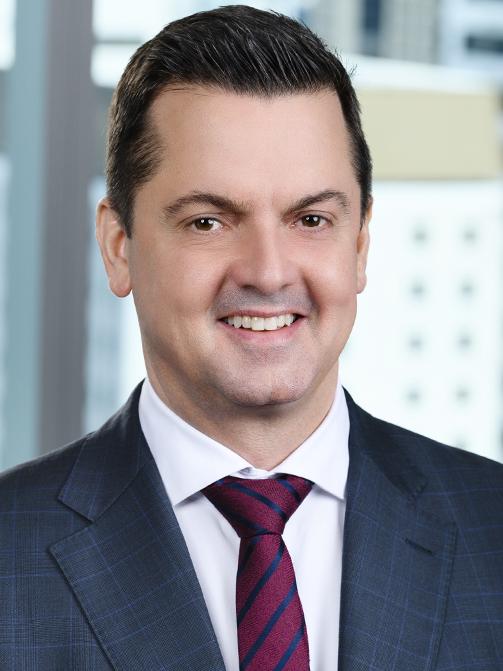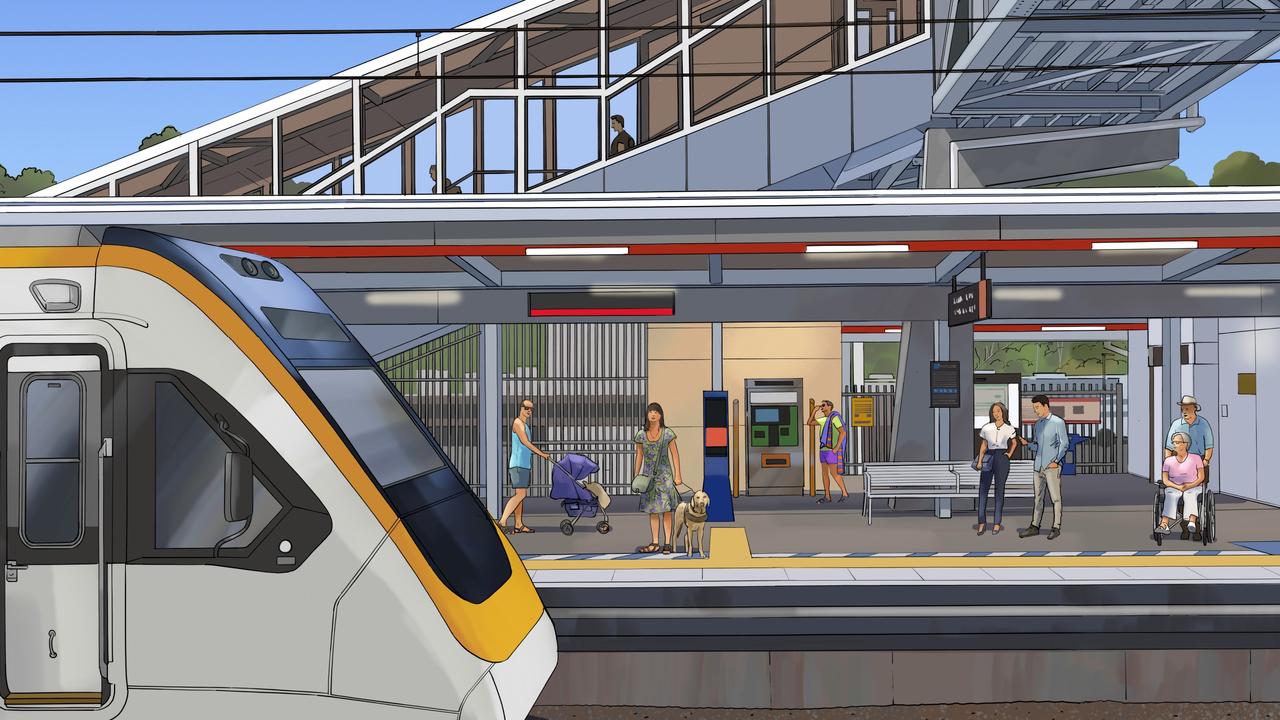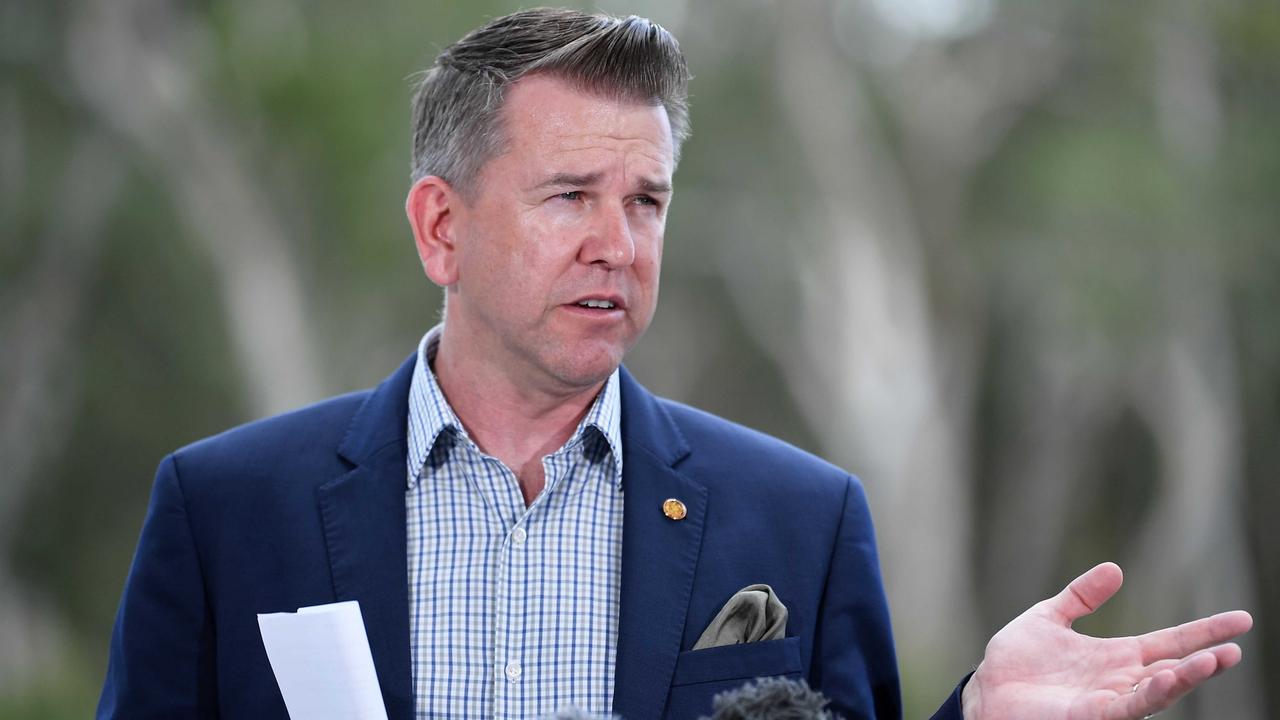Brisbane 2032: PwC’s Chris Rogan says transport planning can’t wait
If we get transport right for the Brisbane 2032 Games, it will go mostly unnoticed. But if we get it wrong, it will be what everyone talks about and remembers, writes PwC’s Chris Rogan.

Future QLD
Don't miss out on the headlines from Future QLD. Followed categories will be added to My News.
The announcement that Brisbane will host the 2032 Olympic and Paralympic Games has, almost overnight, had a generational impact on our city and state.
It’s taken a lifetime of hard work for Brisbane to secure its status as a world-class city fit to host such a coveted global event, and with 10 years until the action begins, we have a whole decade before us to ensure we are ready.
Brisbane 2032 Games to be the most walkable with new CBD link
Future Brisbane: How city could become cleanest in the world
Future Brisbane: Burbs and the bees: River City to become a subtropical paradise
While the action on the track and in the pool is run and done in the blink of an eye, the legacy of hosting the games can live on for generations - that’s so long as we get the planning right.
That’s because large-scale events have the power to bring forward investment and accelerate infrastructure – often achieving decades of development in just a handful of years.
From Birmingham to Glasgow in the United Kingdom, or from the Gold Coast to Melbourne, these four cities have all hosted the Commonwealth Games in recent memory – and all four have used the events as a chance to rethink transport connectivity, with enduring benefits long after the medals were handed out.

On the Gold Coast, we saw a transformation of the airport, light rail and a host of major road upgrades.
For Brisbane, it begins with transport - and moving millions of people around during the peak of the Games - and in decades to come.
Queensland had the foresight to be improving connectivity through major infrastructure investments such as Cross River Rail before the bid book for Brisbane 2032 was even submitted, and this long-term planning has pleased the IOC.
If we get transport right, it will go mostly unnoticed; if we get it wrong, it will be what everyone talks about and remembers. Great transport can be an ambassador for host cities or regions, and an enduring source of pride for locals - not to mention the environmental and economic benefits that can follow.
Moving people safely and seamlessly around cities is no mean feat at the best of times - but it becomes a mammoth task when tens of thousands of visitors, athletes, the media and volunteers add their weight to the traffic.
The challenge is to plan to cater not only for our Olympic and Paralympic demand period, but provide long-term benefits for locals and visitors in years to come.
Events like these should also spur a closer look at where to target upgrades to accessibility and inclusion, and to invest in safe walking and cycling paths that encourage active modes of transport.
It’s not just Olympic and Paralympic Games that put cities and regions on the map, so too do world-class transport systems.
As we prepare to take centre stage in 2032, we don’t have a day to waste getting the planning right to ensure the legacy of the Games live on long after the final medal is won.
Chris Rogan is Brisbane Managing Partner at PwC Australia


